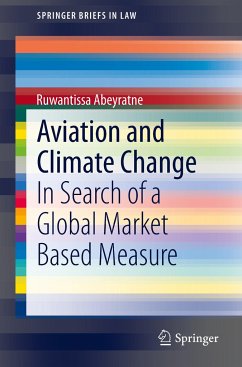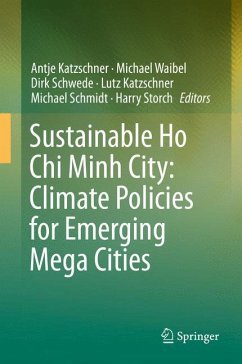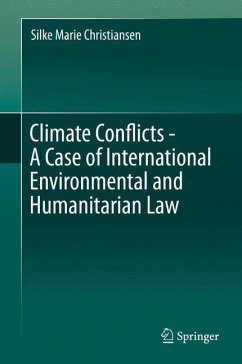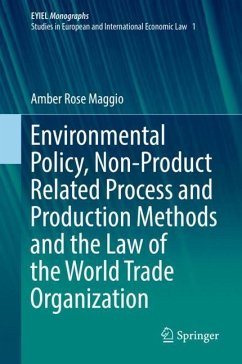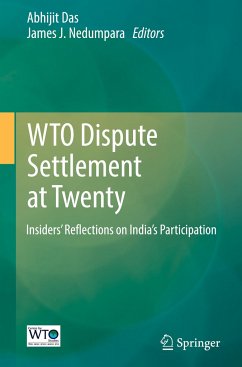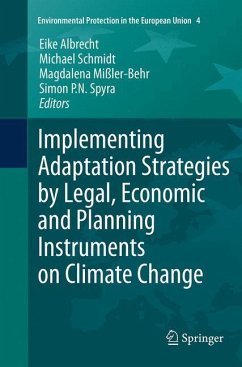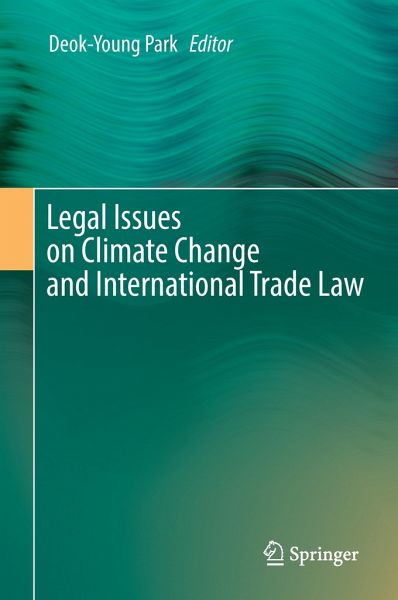
Legal Issues on Climate Change and International Trade Law

PAYBACK Punkte
38 °P sammeln!
This book provides anexcellent overview of the legal issues surrounding climate change mitigationand international trade law. It surveys key observed and potential challengesposed by responses to climate change in terms of international trade law. By examiningthe controversial issues seen in legal cases in which domestic climate changeor renewable energy measures conflicted with international trade regimes, thisvolume promotes and broadens the understanding and debate of the issues. Beyondthe recognized challenges, this book uncovers potential areas of conflictbetween climate change responses ...
This book provides anexcellent overview of the legal issues surrounding climate change mitigationand international trade law. It surveys key observed and potential challengesposed by responses to climate change in terms of international trade law. By examiningthe controversial issues seen in legal cases in which domestic climate changeor renewable energy measures conflicted with international trade regimes, thisvolume promotes and broadens the understanding and debate of the issues. Beyondthe recognized challenges, this book uncovers potential areas of conflictbetween climate change responses and international trade promotion by exploringprevious cases and current efforts to prevent climate change. Furthermore, thisvolume sheds light on the future direction of international trade law andclimate change responses, pointing out that the development of climate changeor renewable energy laws and policies must also consider international traderegimes in order to ensure the smooth implementation of said laws and policiesand guarantee that international trade laws do not restrict environmentalpolicy space.





